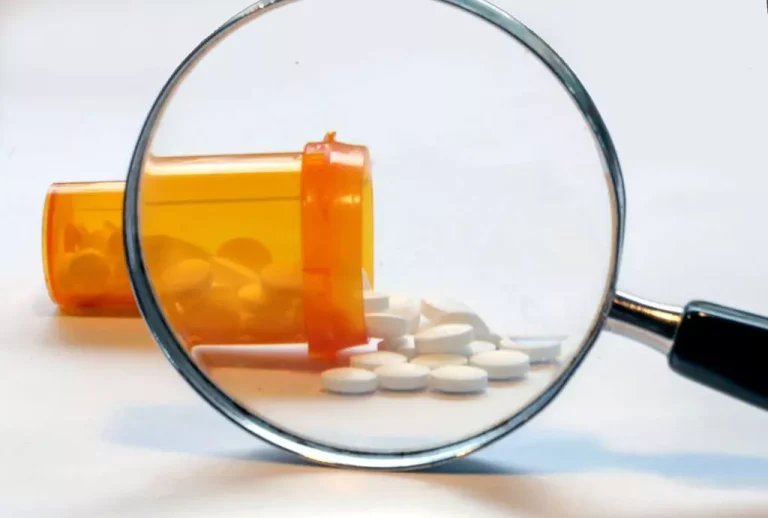Backstage & Influences

Our very low confidence in most effect estimates is primarily driven by sparse networks with limited data. While we identified almost 3 dozen trials, most trials were underpowered, almost all of the evidence on effects is at postintervention without longer-term follow-ups, and the networks of evidence for outcomes were sparse. Most bodies of evidence included only indirect evidence or direct evidence from only 1 or 2 studies. This absence of evidence on interventions and very low confidence in effect estimates does not indicate evidence of an absence of effects, but rather that future studies are needed to overcome limitations in the current body of evidence (such as limited study duration and insufficient statistical power).

About Medical News Today

If you or someone you care about is struggling with depression and alcohol misuse, you may be interested in learning more about how alcohol can play a role in depression and vice versa, as well as the different factors that can affect alcohol, depression, and addiction. Experiencing both depression and AUD can be a difficult road, but recovery is possible. alcohol and depression Many people have been where you are and have successfully treated their depression and alcohol use disorder. In one 2018 study, 60 people who recently detoxed from alcohol experienced fewer depressive symptoms after participating in Sudarshan Kriya Yoga for just 2 weeks. Persistent depressive disorder (PDD) has milder symptoms than MDD but lasts longer.
- Next, we selected data from eligible studies and then revised them through the Excel sheet.
- Individuals with alcohol use disorder often develop a physical dependency on alcohol.
- In addition, attempting to stop drinking and going through withdrawal can worsen depression, making it even harder to quit.
- Due to the high prevalence of concurrent AUD and depression, it is important to know the signs and symptoms of both disorders so treatment can be sought as soon as possible.
- The present review demonstrated that pharmacological treatment alone might not lead to sufficient outcomes of depression treatment in patients with alcohol dependence or SUDs.
- Recognizing the symptoms of depression and alcohol use disorder can help ensure that you get the right diagnosis and treatment.
Antidepressants and alcohol: What’s the concern?
- Following a Mediterranean diet rich in omega-3s, for example, might be one recommendation.
- But clinical depression isn’t just a matter of feeling the occasional ups and downs or periodic sadness caused by issues of daily life.
- Reactive depression, also referred to as psychological depression, is the traditional representation of what a major depressive episode may be.
- It’s often a lifelong commitment, but one that can improve your life, health, and well-being in the long term.
- Efforts to enhance treatment outcomes would benefit from investigation into the characteristics of people who do not respond to existing treatments.
« Alcohol makes us feel drunk and confused because alcohol makes the cells drunk and nonfunctional. » Read our review of the best online therapy options to find the right fit for you. In addition, your doctor may prescribe medicines that are meant to lower alcohol cravings, which can reduce your desire to drink. American Addiction Centers (AAC) is committed to delivering original, truthful, accurate, unbiased, and medically current information.
- One way to help treat low motivation and energy is through using low-dose stimulants.
- However, use of anti-depressants significantly reduced the incidence of anxiety, insomnia, and substance abuse in these patients 16.
- A person should also monitor their reaction to alcohol when using antidepressants.
- Those charged with developing guidelines, providing recommendations for health systems, and treating patients may be interested in using these findings to inform policy and practice.
Review

Still, many people who receive a diagnosis of substance-induced depression are later re-diagnosed as having depression because symptoms continue after they stop drinking. However, evidence suggests that more than 25% of people in treatment have experienced a substance-induced depressive episode in their lifetime. When psychosis is suspected, a general physical and neurological exam should be performed to exclude medical causes such as subdural hematoma, seizures, or hepatic encephalopathy—any of which may be a consequence of AUD. Again, it’s important to create a timeline of mental health symptoms and alcohol use and to collaborate as needed with mental health specialists for selection of pharmacotherapies and psychosocial interventions. Anxiety disorders are the most prevalent psychiatric disorders in the United States. The prevalence of AUD among persons treated for anxiety disorders is in the range of 20% to 40%,2,15 so it is important to be alert to signs of anxiety disorders (see below) in patients with AUD and vice versa.
Psychosocial treatments and mutual help

These findings were also confirmed by Anand et al., who also examined cocaine, cannabis, alcohol, and hallucinogenic agents. Additionally, their study demonstrated a significant correlation between the severity of depression symptoms and the frequency of administration of the abused substance and its type 18. Regarding the type of abuse, alcohol dependence with depression was evaluated in six studies 16-18,20-22 either alone or with other https://ecosoberhouse.com/ abused substances. Opioids were also examined in two studies 15,18, and cannabis was examined in two studies 18,20 (Table (Table11). After searching the abstracts and checking for the eligibility criteria in identified potential abstracts, eight articles were regarded as a potential for inclusion in the present systematic review published between January 2010 and September 2020, covering 132,373 patients with depression and either alcohol dependence or SUD.
Treatment & Support
In addition, attempting to stop drinking and going through withdrawal can worsen depression, making it even harder to quit. Sometimes it’s difficult to determine the cause-and-effect dynamic between alcohol and depression. Additionally, genetics may influence how likely you are to develop depression and a substance use disorder (SUD). Alcohol use disorder (AUD) can occur alongside depression and vice versa. Studies of twins have shown that the same things that lead to heavy drinking in families also make depression more likely.
Next Post : The 27 Best Torrent Sites in 2024
-
Search